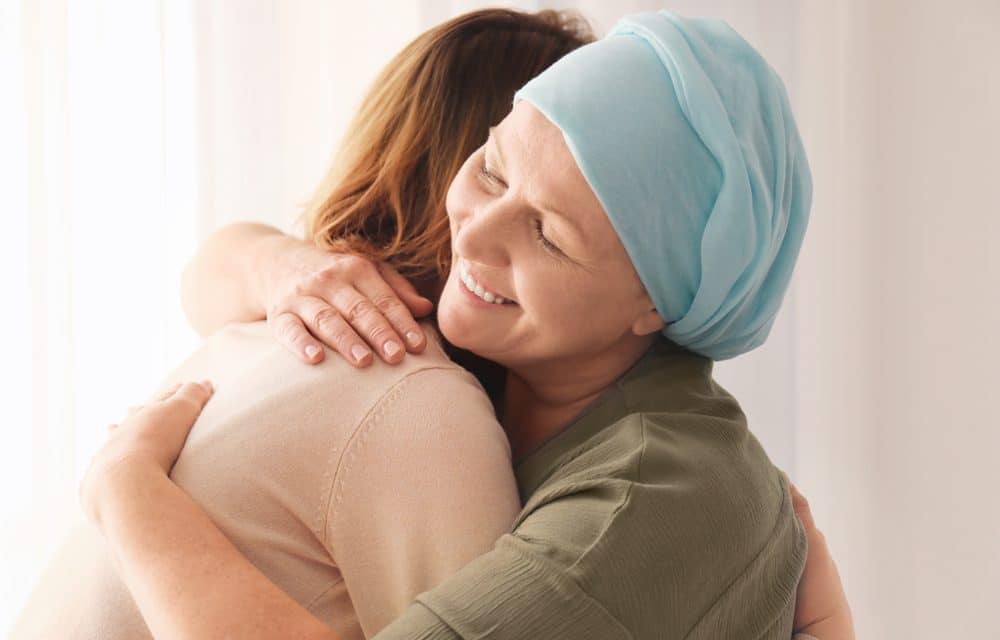Facing a cancer is not easy. Normally, most of breast cancers are sporadic, so in case only a member of your family has been affected and he/she is more than 50 years old, it’s unlikely to be of hereditary causes. As a matter of fact, only between 5 and 10% of cancers are.
We all remember the decision made by Angelina Jolie who chose to undergo a preventive bilateral mastectomy surgery. But this doesn’t mean we need to make such a drastic decision, since this kind of surgery is only recommended in case of very high risk, as it happens when a mutation of the genes BRCA1 and BRCA2 is detected.
These genes inhibit malignant tumours, but in case they are altered, they do not work properly which increases the risk of developing the illness. BRCA is an acronym for breast cancer and its presence increases the risk of suffering from breast or ovarian cancer.
In case of doubts, the first thing to do is talking to your gynaecologist. In our centre we have an Oncological Risk Unit which evaluate the family history and, if necessary, it could recommend you to perform a genetic test.
Nowadays, there are many tests that allow knowing more precisely the individual risk, as well as implementing an array of specific measures for prevention, control and early diagnosis, which will be different in case we are carrier of the mutation or not.
Which are the recommended controls and prevention measures?
Live a healthy lifestyle and avoid tobacco. If you are carrier of one of the BRCA1 or BRCA2 gene mutations (or of other genes related with cancer), you will carry out specific and more frequent follow-up controls, which will be individually established during your oncological risk visit.
When is surgery recommended?
According to the Spanish Society of Medical Oncology (Sociedad Española de Oncología Médica – SEOM), the surgical intervention is the most effective strategy in order to decrease breast and ovarian cancer risk in women who are carriers of the mutation of BRCA gene or other genes, but each case must be studied individually.















Thanks for sharing, there is still much we need to know about the genetic causes of cancer, https://fdna.health/cancer/, and the more we know, the better equipped we can be to help those at risk recieve better preventative support and early intervention and/or treatment.